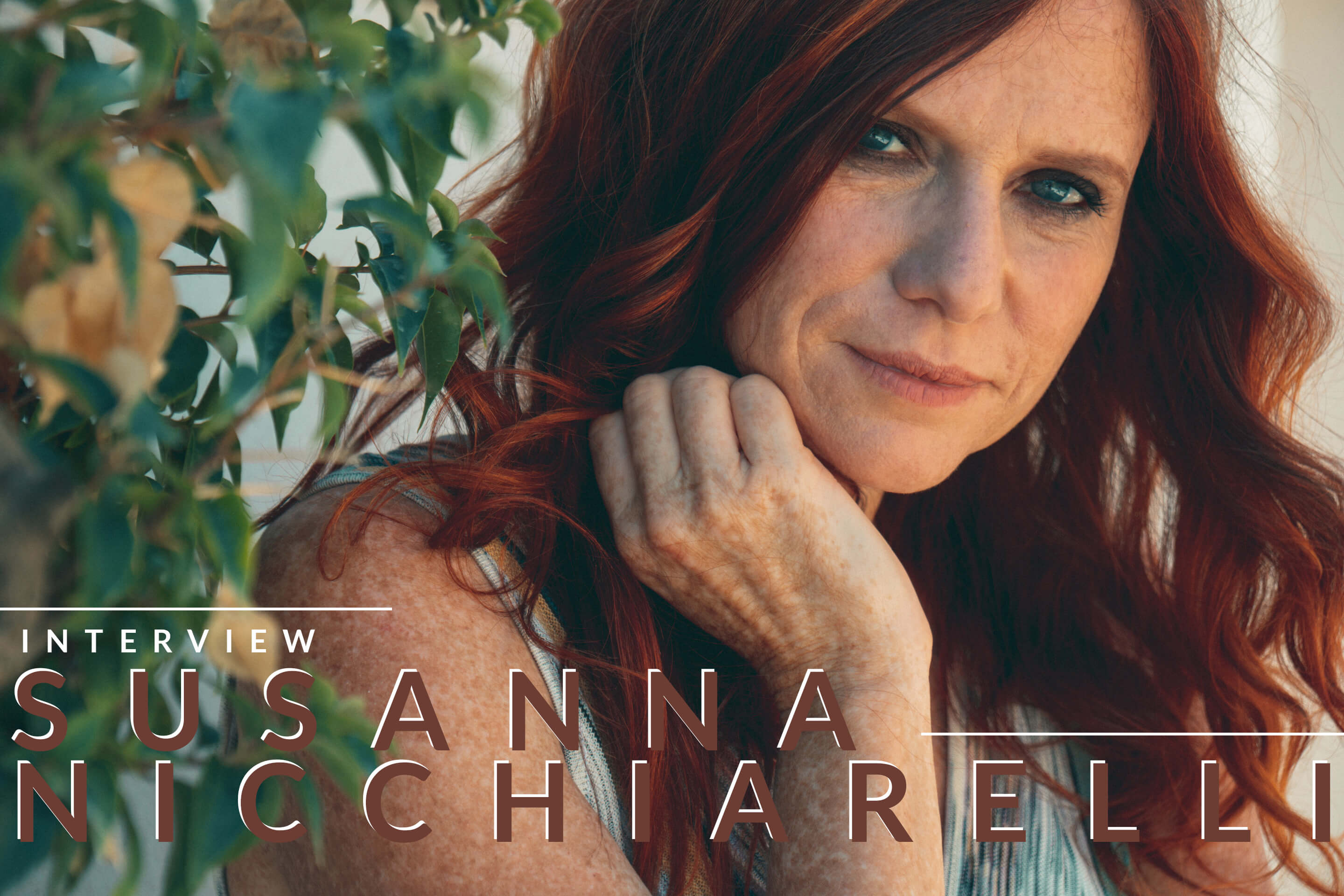Susanna Nicchiarelli, one of the most prolific directors and screenwriters in Italy, has in the Venice International Film Festival her second home. Her latest appearance was in 2017 when she won the Best Film award in the Orizzonti section with “Nico, 1988” and this year we found her again in the role of President of the jury, the same that rewarded her two years before, a section that, as she herself says, has something special, and explores new horizons.
During our chat, Susanna told us about her experience as a juror, her creative process and how sincerity is at the basis of every project to make it really work.
All we have to do now is wait and see on the big screen her new film, that she will shortly start shooting : another biographical story, because for her to tell seemingly unreal contrasts and contradictions of real people have a different taste.
How was the experience as president of the Orizzonti jury? Is there anything that particularly inspired you?
____________
In two months, I have to shoot my next film and it is a very interesting exercise for me. Watching movies, discussing them with people and the members of the jury are all very smart, even in judging films because, especially, in my group, there were critics, directors, producers, festival programmers. We’re 5, it’s a beautiful group. Seeing films and reflecting on the impact they have on me and discussing them with the others, changing opinions, convincing oneself, convincing them, defending the things I liked or vice-versa, and unfortunately making also a few renunciations, because when you are part of a jury, you must always always always follow the decisions of the majority.
They are all good exercises to reflect on the value of our work, on the potential and function of a movie. They are reflective exercises that touch over a thousand areas. There is, of course, the aesthetic aspect, but there is also the political one. Also, maybe how far one can treat a certain topic or treat another. We always talk about the limits of our art, the possibilities, the potential. Obviously, I spent wonderful days, because I was talking about my work, which I love, seeing all the beautiful films, all interesting and all of them being there for a reason.
Orizzonti is a very particular section because it is a section in which many are first and second films, but there are also many third and fourth ones of established authors. They are all films that somehow explore new horizons, here, just as the title of the section. So, of course, the main competition is also interesting, but Orizzonti is a special stimulus, because then there are a lot of films that would not come out in Italy and that I wouldn’t be able to see otherwise because they may not have famous actors in the cast, or they may not be classifiable in a most traditional cinema, so they are seen, wrongly in my opinion, as films that are too difficult for the public.
So, it was a journey also around the globe somehow because there are films from all over the world and therefore, also seeing how the same topics are approached differently depending on where they came from. We also, members of the jury, came from different parts of the world and we communicated with each other providing us the tools to judge things according to our origin.
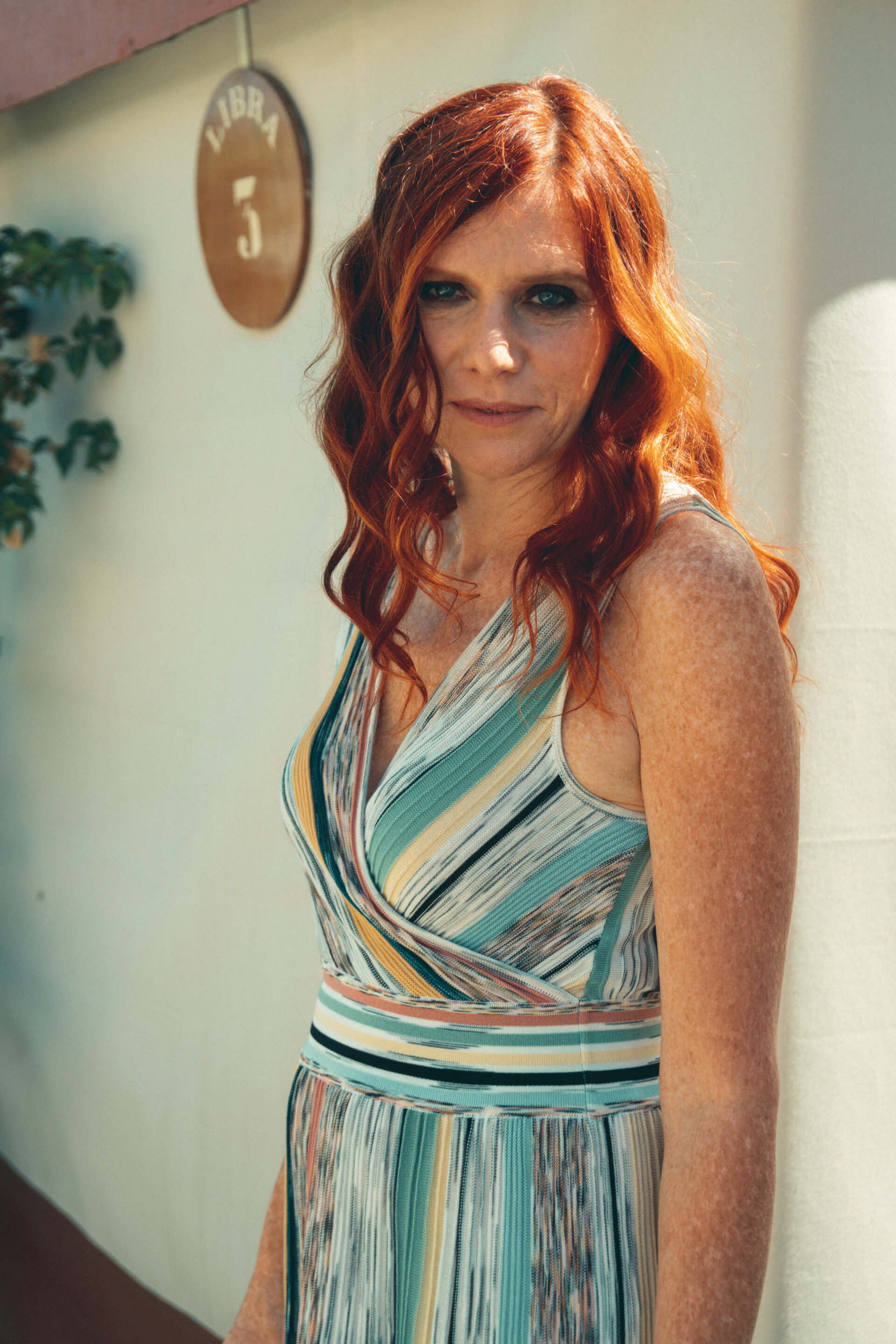
Are there any details you focus on while watching the movie? Any things you notice, mental notes you take?
____________
I believe that you must loosen up, like a normal spectator. It is normal that being a person who loves cinema because I want to make it, I am a person who loves going to the cinema. So first, you sit down. You’re going to the movies, like a normal day, an ordinary day. However, you are also reflecting on what you see. But I always reflect on what I see even when I go as a normal spectator. And this reflection is linked to many elements that surely concern the direction, the direction of the actors, the position of the camera, the story, the writing.
It’s normal that if you do this job you have much more tools. If a film maybe has some quirks, you are more able to understand if they are coming from the script or the direction. But the interesting thing is that the movies that surprise you are the ones that have oddities, differences … the most important ones, the richest ones because there are no limits. There are no rules. If there were rules, it would not be so nice to do this job. So, you don’t judge a movie on the basis of rules. You let yourself be moved and reflect on the choices that have been made in the film, including techniques. But you don’t give a judgment in the sense “he did something that can’t be done.” Indeed, paradoxically, the more the director does something that can’t be done, the more interesting it is.
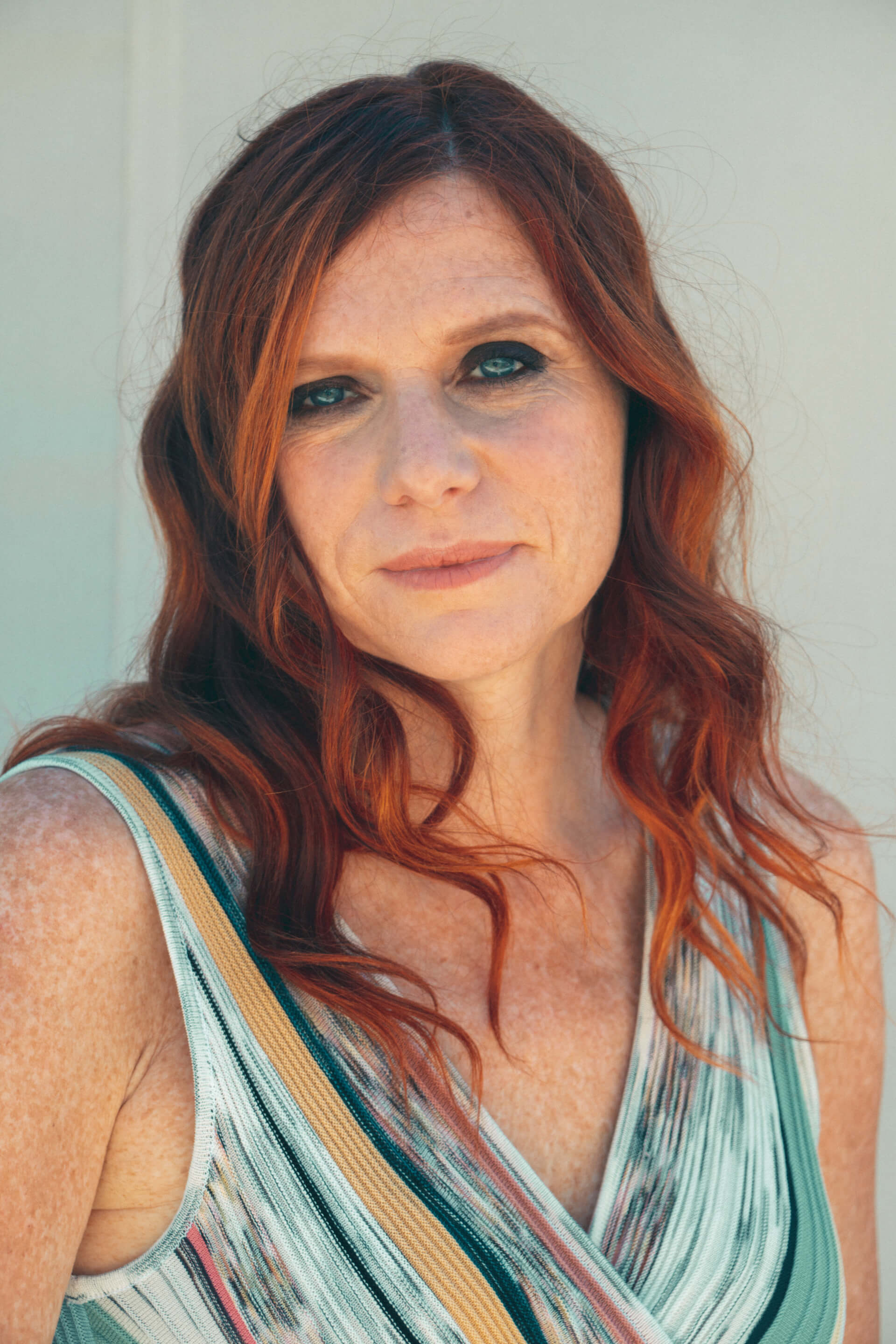
“But the interesting thing is that the movies that surprise you are the ones that have oddities, differences…the most important ones, the richest ones because there are no limits.”
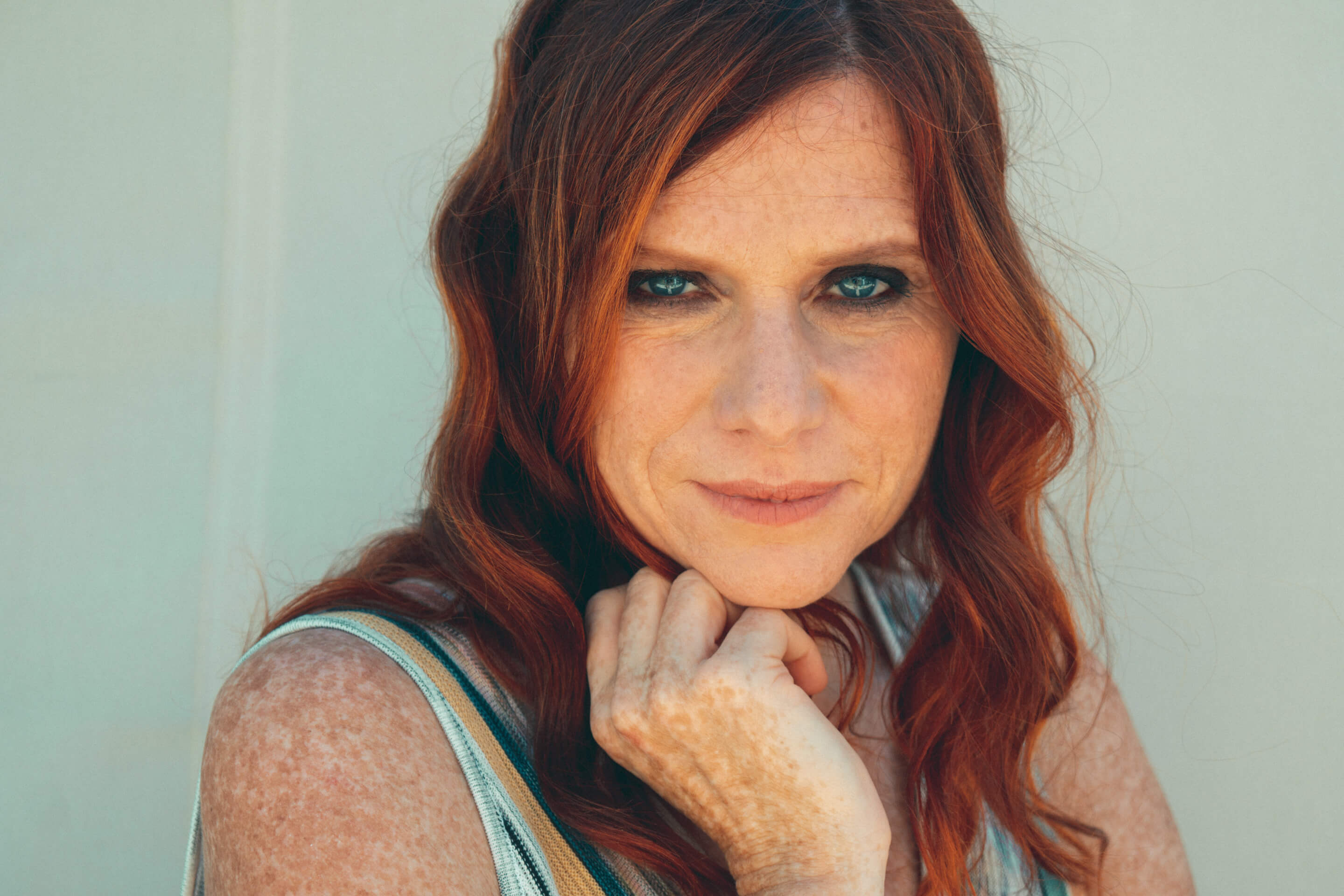
How do you change your approach to the characters when writing and directing?
____________
First thing, you write the character. I also write the films I make. So, first of all, you put it on paper, then, when you meet the actor, you reinvent it because suddenly that character has a face and, above all, behind that face there is a person who also reflects on the character’s story. Maybe his personal life has things in common with the character you wrote, so s/he can give you things, or s/he knows people, or s/he has made some reflections on the character. The actor always provides you with new tools, so then you change the script as well. There is this interaction: you write the character, but then you meet the person who will interpret it and what comes out of it is a love story. You get into this sort of vortex and together you create the movie.
How do you choose the projects you want to work on?
____________
I write my films, so I find ideas. First of all, it has to engage and move you. This is the essential. I always say this to my students when I teach cinema: it must be something you care about, that makes you angry, that makes you laugh, that makes you cry, that makes you feel things. Because then these feelings end up in the film. Which does not mean that films must be sentimental, melodramatic, etc.
It simply means that if it is something that makes you feel something, if it is something that belongs to you, the film will be sincere. And the honesty of a film is perhaps the most important thing, the one you are looking for the most. Even when you’re watching movies in a competition. Honesty is a word that recurs often when you talk about movies and when you realize that there is honesty, that there is also a personal search done by who made the film through those images, those words, then I think they are films that work, that get to people, that also change something in the history of cinema, that give their contribution to it. And I always say this to both my students and myself. I mean, don’t lose sight of yourself. Don’t experiment making operations that are external from your way of being, but always do things that have to do with you.
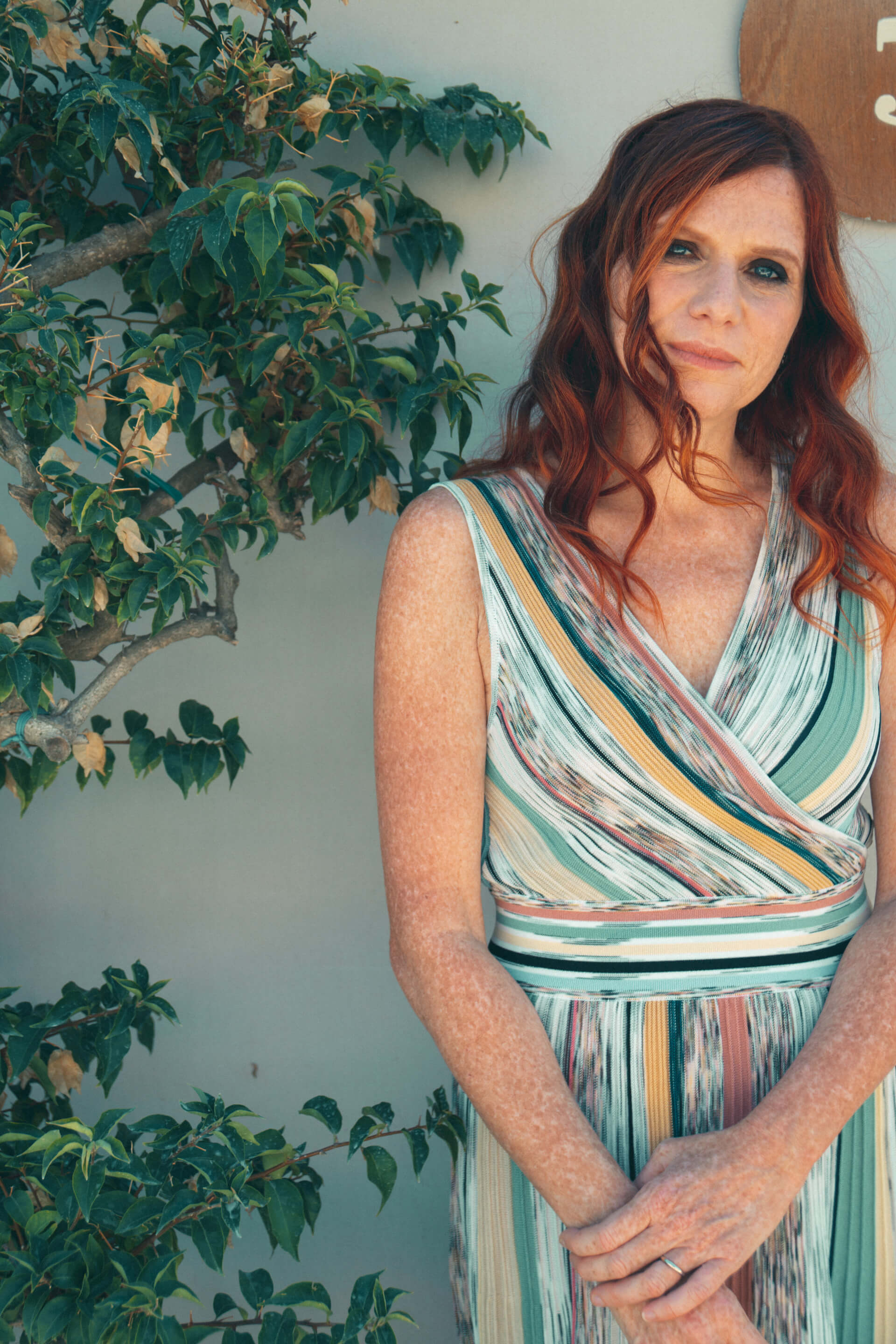
“You write the character, but then you meet the person who will interpret it and what comes out of it is a love story.”
“…it must be something you care about, that makes you angry, that makes you laugh, that makes you cry, that makes you feel.”
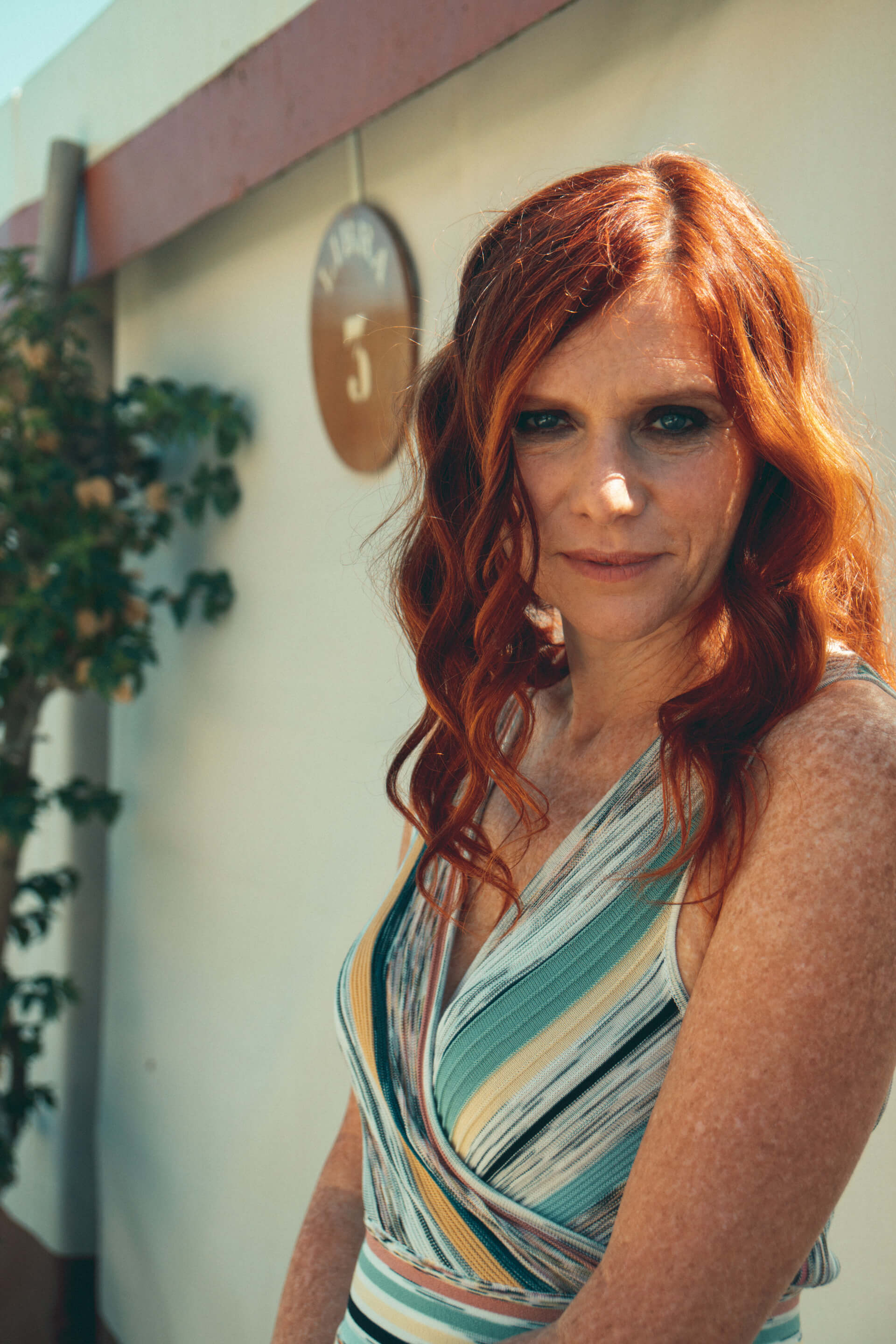
In Italy, is there room for up-and-coming directors? If yes, what would be your advice to them?
____________
Yes. I think there is space. The advice I always give is, again, about sincerity. That is, to write about things that are interesting you. That is, not to sit down and say “I have to come up with an idea,” but to act more instinctively. Because, in my opinion, there is space, I have this impression. There is the possibility of asking for funds, there is interest in first works, always. But the essential thing is not to try to imitate others, but to try and find your own personal path.
The film that made you fall in love with cinema?
____________
There have been several at different stages of my life.
Let’s say that when I was a child it was mainly American cinema. I remember I saw “E.T. the Extra-Terrestrial” at 6 years old and I remember exactly where I was and what I felt when I saw it at the cinema. And I still consider it an extraordinary film that has always spoken to me in a different way depending on my age and on the phases of life I was experiencing back then. But then I also discovered the authors, I discovered a different cinema, European cinema. And European cinema was definitely important to me in the early 90s when I was a little bit older. In fact, at 15/16 years old I remember films like Kusturica’s “Undergound,” or “Pulp Fiction,” which have been important films to me while growing up.
I studied in France and lived in Paris. There are so many cinemas d’essai that made old movies. And there, for example, I discovered Pasolini that I had never seen in Italy. I discovered Truffaut. There I discovered, when I was 20, so, a little bit older, another world. And these were the stages. But then it never ends, in the sense that there are films that I have seen now that for me they are very important.
And I always try to understand when I see film that feels important to me and, in my opinion, important for the history of cinema. At least 1,2,3 a year, among all those I see, are, in my opinion, important. Then, there are so many films that I like but that I don’t think are particularly significant. But then some films change me as a human being. I believe this happens to all those who go to the cinema. And that’s the beauty of cinema. It’s an experience. And it’s an experience that often changes you.
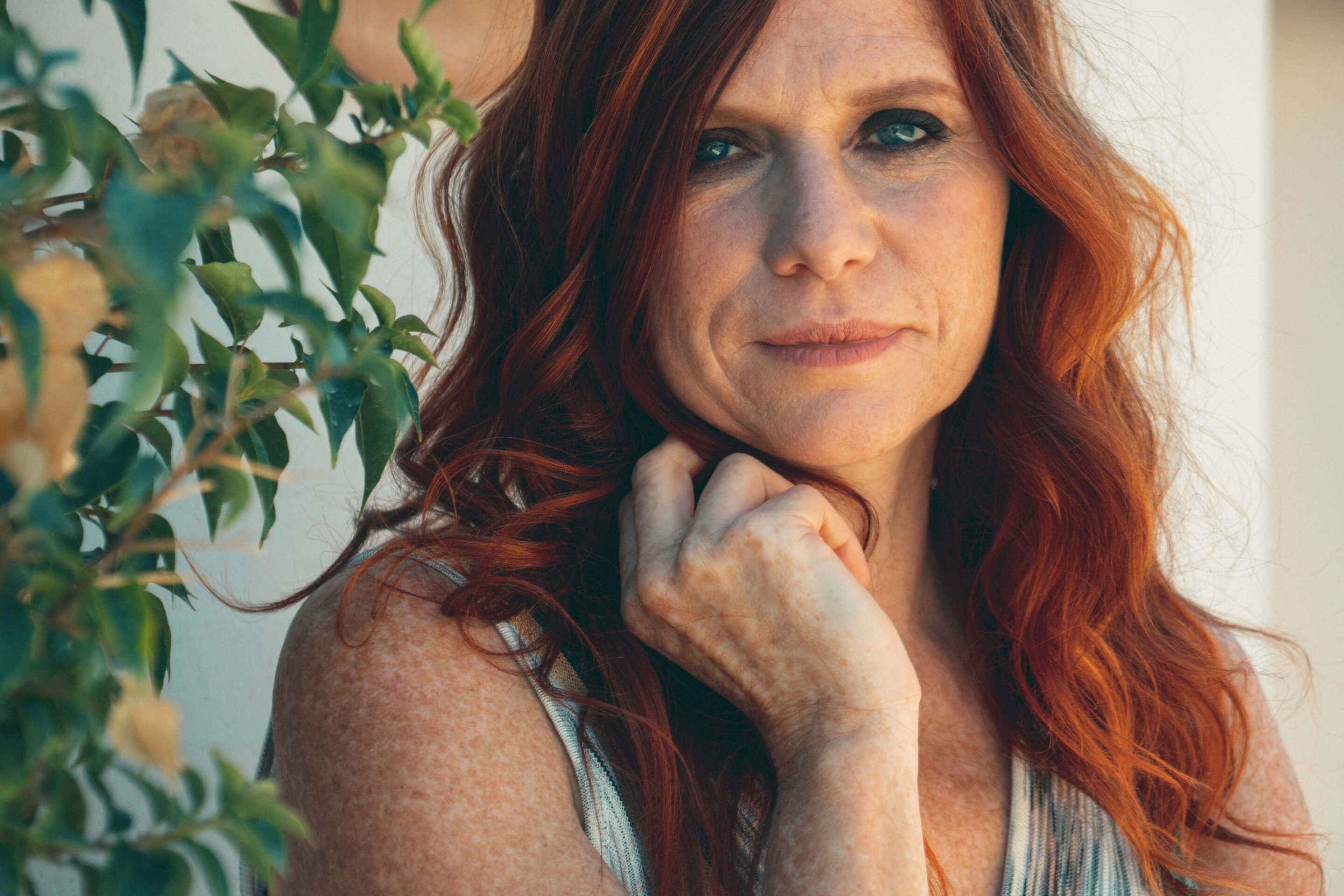
“And that’s the beauty of cinema. It’s an experience. And it’s an experience that often changes you.”
A must-have question for us. An epic fail on set?
____________
It happened to me when I was doing behind the scenes – because when I was younger, before making my first film, I did the bts. And I was doing the backstage of a commercial by Muccino. And Muccino always makes complicated camera movements. And there was a cart that turned around on itself and I had absolutely no idea what the cart was doing and I was, very naively, next to the make-up artist and the hairstylist who are the ones who are positioned closest to the camera because, during breaks, they throw themselves in, they fix the actors, and then exit. Except that I didn’t realize that when they gave the “action,” they lowered themselves. I remained standing with my camera and entered fully in the field of vision of the director’s camera.
Moreover, it was the set for a commercial, so it was all very glam. And I was with my dress, my sweatshirt, I had no business being there. I saw the camera turning towards me, I saw the lens and I said, “but if I see the lens, the lens see me “. So I put down my camera. And nobody said anything. And then they did another take. For a moment I thought: “what if they think it is good and didn’t even see me?” So I went to the director’s assistant, who also did the editing in front of the monitor, and I said to him, “Listen, can I check the take?” I had heard what the number of the clapperboard was. And then I saw the video and no, they had discarded it. But they were all very nice in the sense that since the scene didn’t evidently go well for other reasons they didn’t scold me. This was, let’s say, my epic fail … yes.
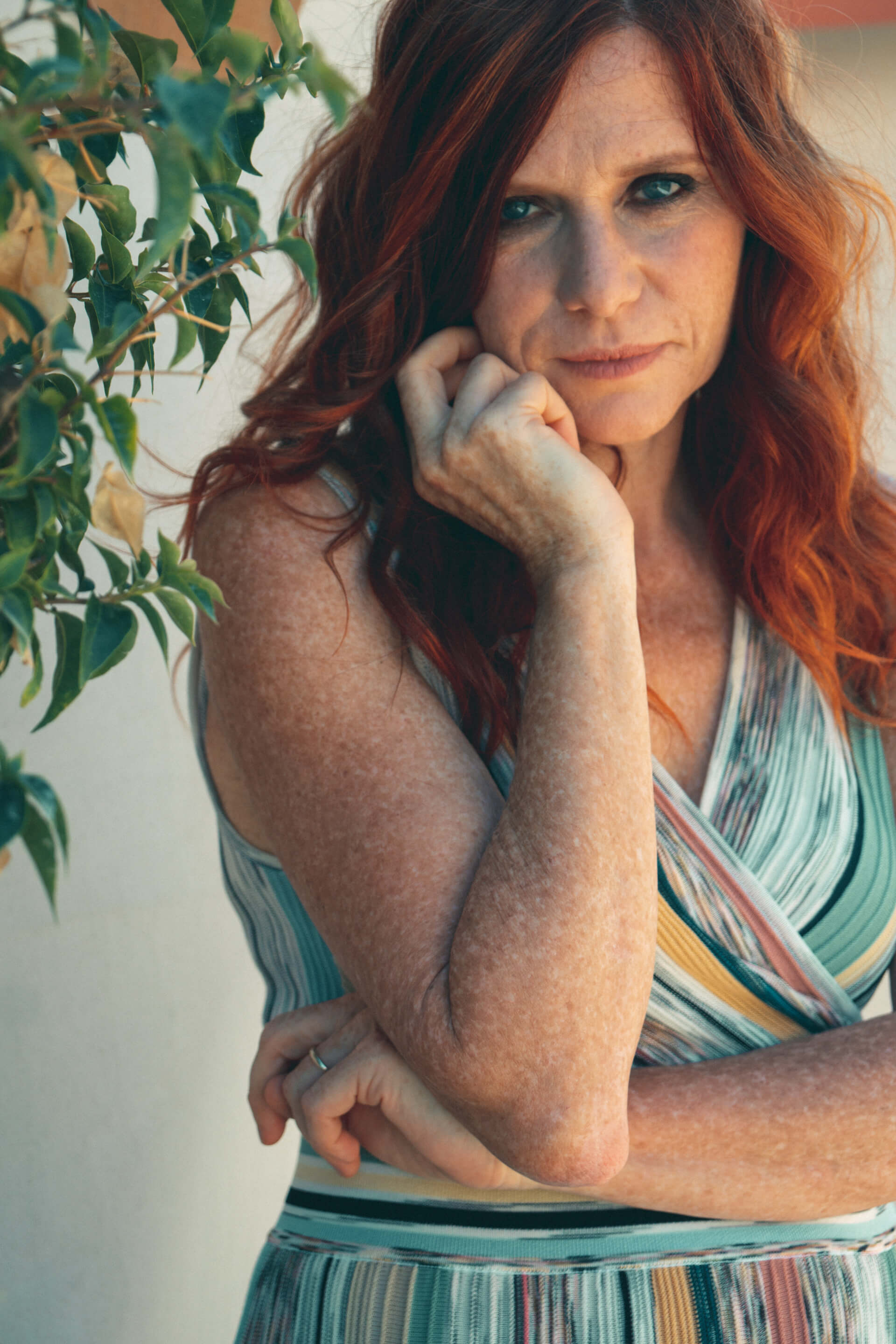
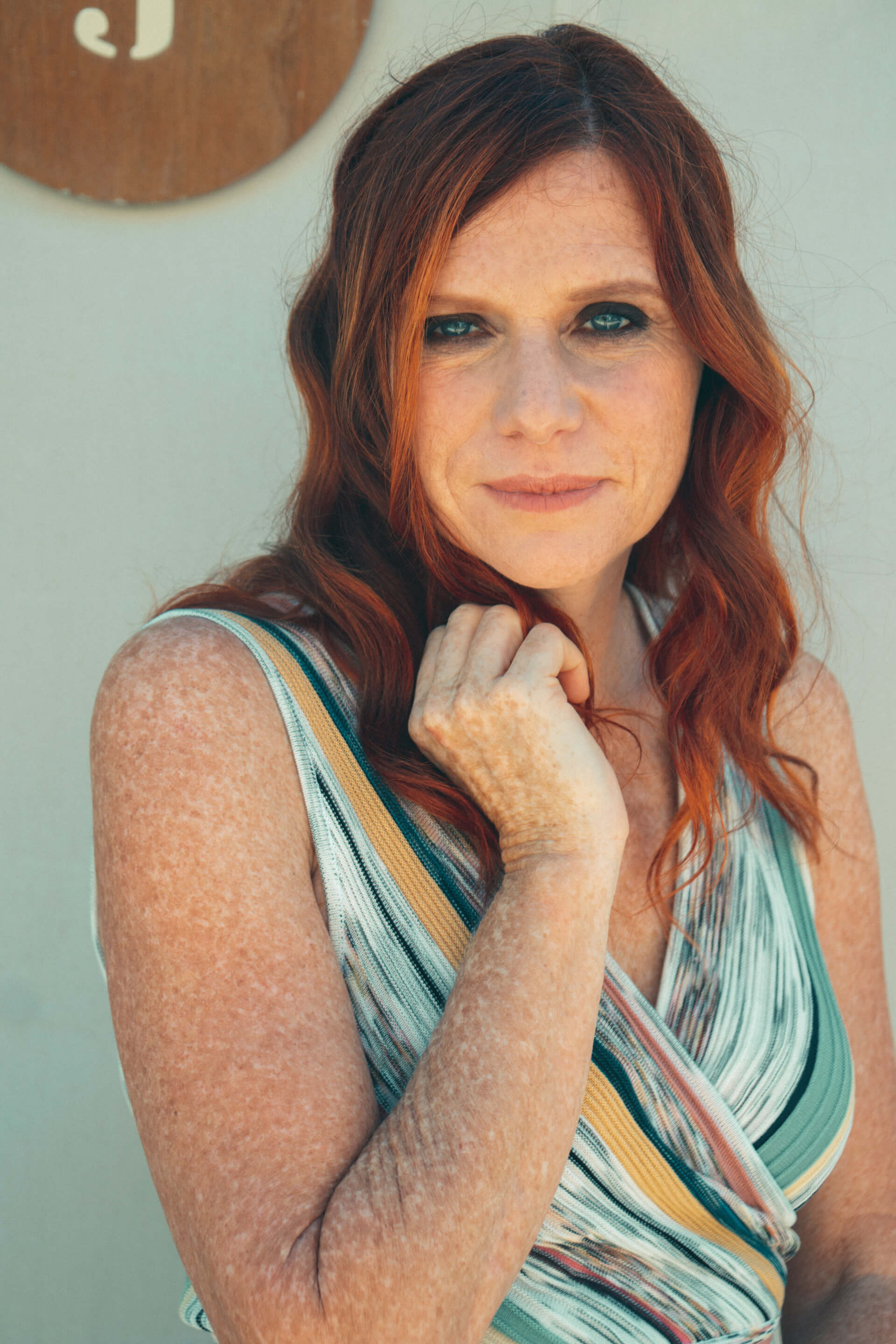
Can you tell us something about your next movie?
____________
I’m going to make a film about the youngest daughter of Carl Marx, whose name was Eleonor. A strong woman who, however, had a love story and a relationship of tragic dependence, of submission with this man. So, despite being a great feminist, a politician, in reality, there was a situation in the house, in which she was treated badly by this man – who was worth nothing compared to her. He didn’t treat her badly in the sense that he hit her. But in the sense that he betrayed her, he was a liar, he spent her money. And I decided to make this film about her because I find this contradiction, often of us women, between what we are in the public and what we are in private, very interesting. And because what we are in our private life is profoundly political, I think it is important to talk about this. Because she is a very modern figure – the film set in the 19th century.
Eleonor doesn’t marry him or have children with him. She was a very emancipated woman. So, I find this contrast interesting and ironic.
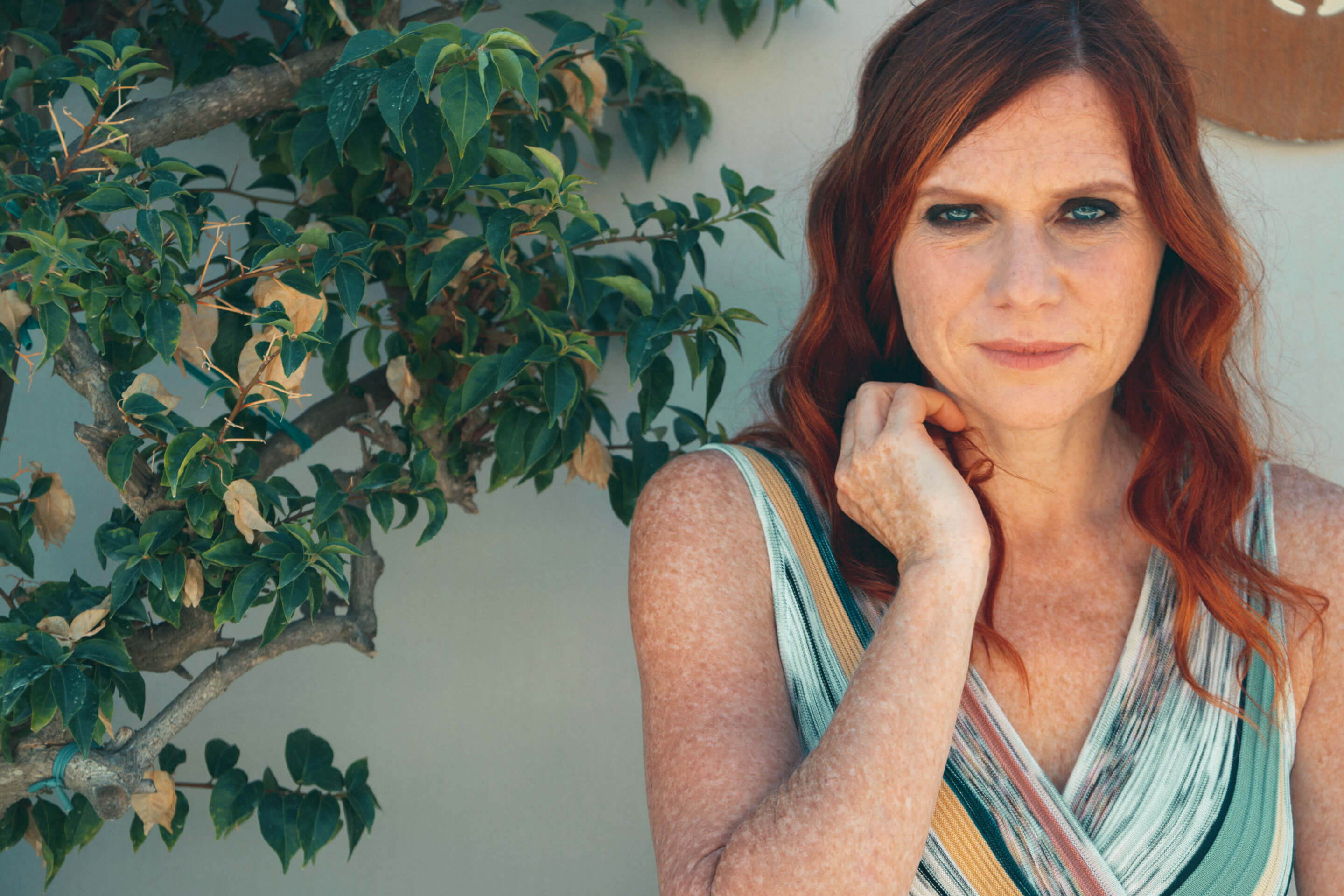
“And I decided to make this film about her because I find this contradiction, often of us women, between what we are in the public and what we are in private, very interesting.”
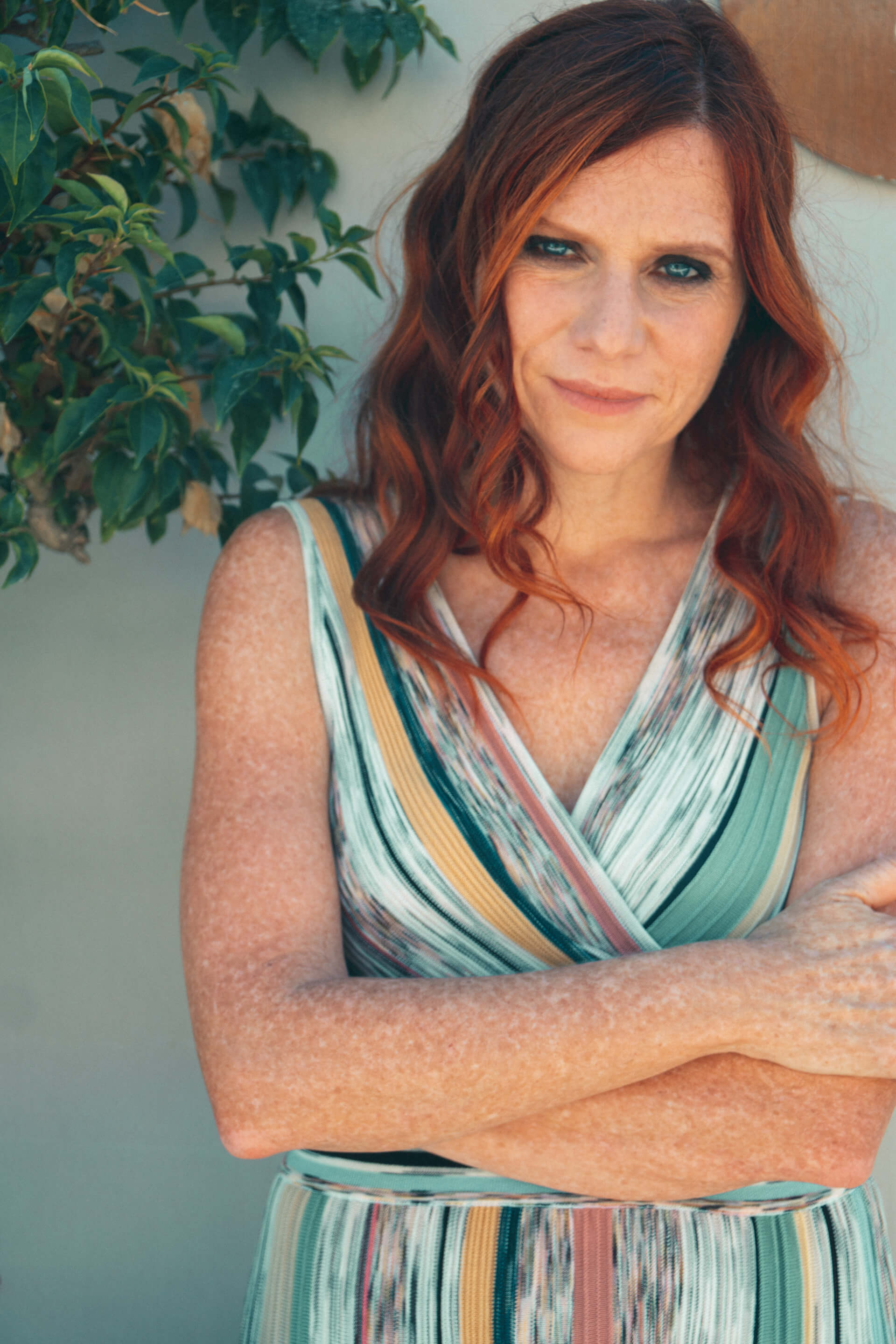
What attracts you the most about biographical projects?
____________
I love the fact that they are real. I am attracted by the fact of measuring myself with reality. Measuring myself with reality is something that, from a writing point of view, I like. Because reality provides you with so many elements that are often very contradictory between each other. For example, when you build a character like Eleonor Marx’s, writing it down, and then let her be with a man like that, the first thing they tell you is that there’s no coherence. But it is not true because reality is full of contradictions. People are crazy. People behave in a completely irrational way. And for me, as it happened with “Nico,” having people’s real-life as a source is much more interesting, because it forces you to somehow disintegrate the story, instead of making everything logical, which is instead what happens with TV stories where everything follows a path, where there are so many events, there is a structure, where you, for example in the series, have to close an episode so that the person who looks at it wants to see the next one. Instead, if you take people’s real life, you can take pieces, photographs. It is a kind of mosaic that is more interesting to manage from a cinematographic point of view. With this being said, it can also be done with fictional stories. But reality has so many cues.
Photos by Johnny Carrano.

